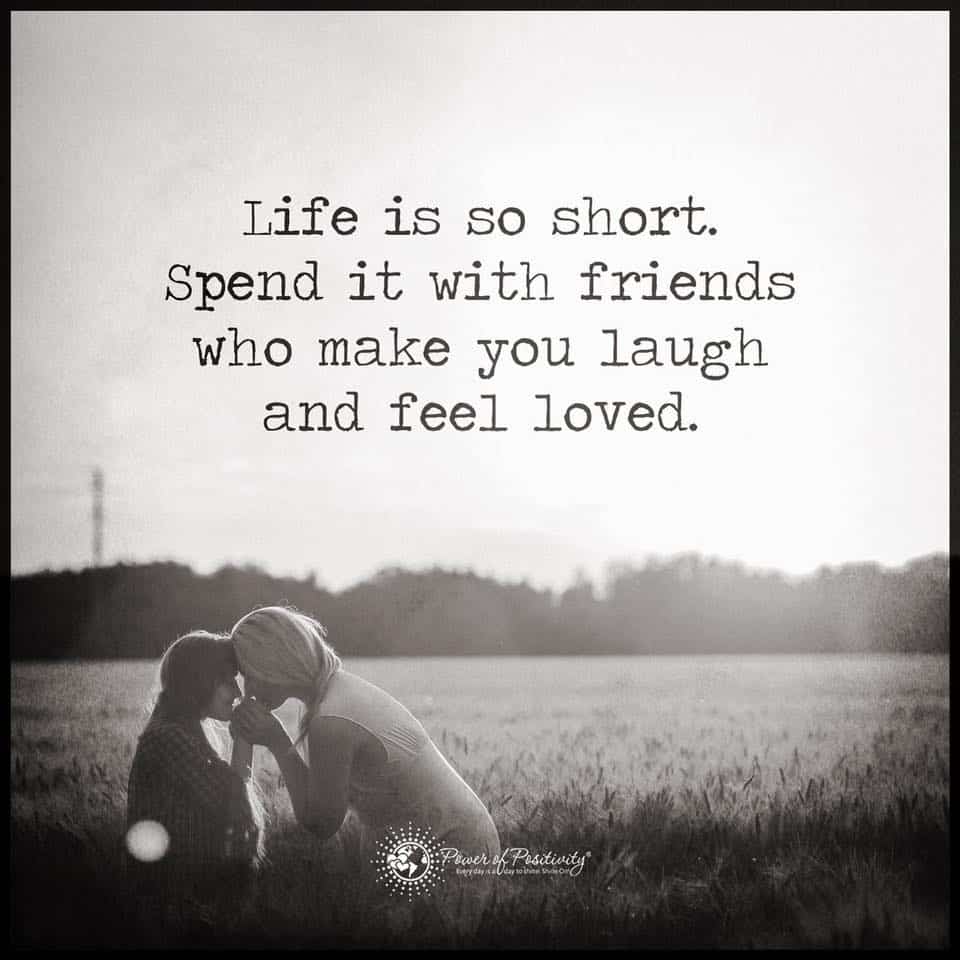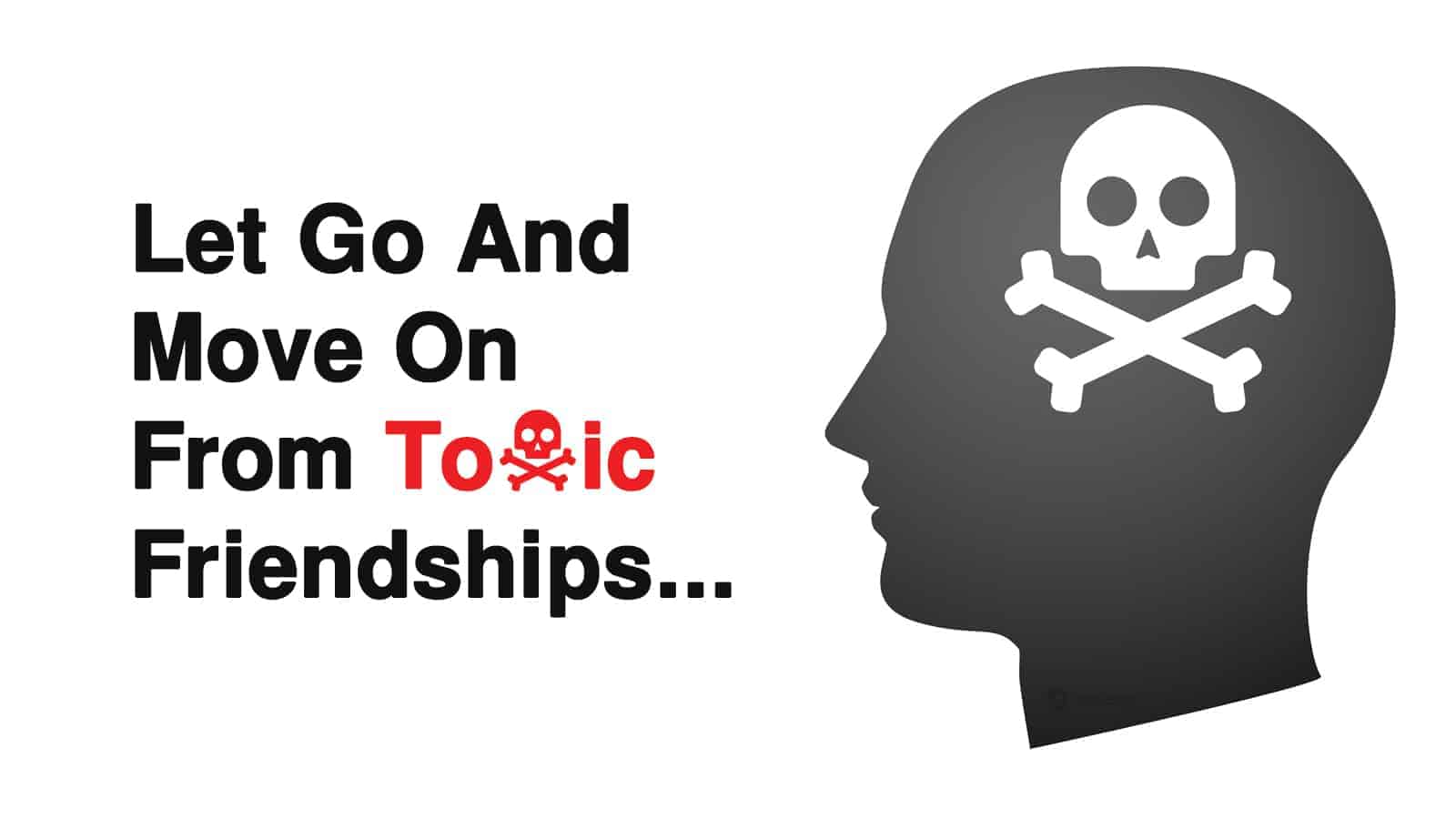Us humans, by nature, are highly social creatures. Most of us appreciate and enjoy being in the company of our social circle – a quality that allows us to share personal experiences with others. A good example of this common characteristic is the relatively recent explosion of various social networking tools; something that illustrates the strong human desire for social belonging and interaction. Toxic friendships don’t help us reach that goal…at all.
“Relationships are – not surprisingly – enormously important for health, and there are lots of studies on the biological processes that account for the link between relationships and health.” – Dr. Arthur Aron, director of the Interpersonal Relationships Laboratory at Stony Brook University
Evolutionary scientists and neuroscientists cite the evolutionary processes of the brain to articulate the mechanisms that drive one’s need for social inclusion. The neocortex, the outermost layer of the brain, is much larger in humans than in other mammals – and is the main component that stimulates “higher social cognition…as well as empathy and theory of mind – the ability to understand the feelings and intentions of others.”
“…the ability to understand the feelings and intentions of others” encompasses our ability to empathize” – an important aspect of maintaining healthy relationships.
This is a function where some fall short.
Despite the overwhelming neurobiological evidence concluding the human need for social inclusion, it says nothing about the desire to establish and maintain healthy relationships.
As we are all now well-aware, relationships – and hence, people – can be counterproductive to our mental and physical health.
In this article, we focus primarily on friendships, the type of relationship when some of us interact the most. More specifically, we’re going to discuss what constitutes a “toxic friendship” and how to rid yourself of this type of person.
What ARE “toxic friendships”?
To answer the preceding question, it may be advantageous to explain what a friend does:
– A person that makes you happier.
– A person that raises you up.
– A person that sticks with you “through thick and thin.”
– A person that will be honest with you, no matter how difficult it may be.
– A person that sees your potential, even if you may not.
– A person that encourages you to be your best.
Toxic friendships avoid doing these things.
They’ll hurt you, and rarely apologize; they’ll expect your loyalty without reciprocating the same; they’ll take and take, but never give; they’ll create and escalate drama; they’ll take the spotlight from you (and others) and put it back on themselves…and on.
In other words, their actions and words do not remotely demonstrate what a friend is and should be.
Why “breaking up” from toxic friendships can be hard.
Remember the quote defining one aspect of friendship: “…the ability to understand the feelings and intentions of others”?
Well, ironically, this virtuous quality dwelling within the majority of us can make it difficult to “end it” with those that lack such a mindset. Regardless of the toxic person’s tasteless actions, behaviors and words, some of us find it hard to “confront” such a person in fear of hurting them.
Why it’s not necessary to “break up.”
Assuming that the toxic person’s offense was not so egregious as to confront and end it then and there, we can choose instead to divert and revert our energy towards others.

Among one of their many negative traits, toxic people can quickly diminish our energy levels. Toxic people do this in one of two ways: through your interactions with them or your anticipatory response to anything they may throw at you in the future. “What will I do if he/she does this/that?,” “How can I act in a way that doesn’t hurt them?” These are all questions that victims of toxic friendships often ask themselves.”
Related article: 5 Types of Toxic People You Never Want In Life
Well, we’re here to tell you that this expenditure of energy is unnecessary. Instead of depleting your finite energy reserves, make a conscious decision to spend more time with those that lift you up.
Forget the common perception that a “line must be drawn” if you do not wish to attempt such (although you may if desired.) Make a conscious choice to reduce your energy on a toxic person, and spend it on a great person or friend who exudes the qualities that you want in a companion.
Spend time and energy with people that make you feel better!

















